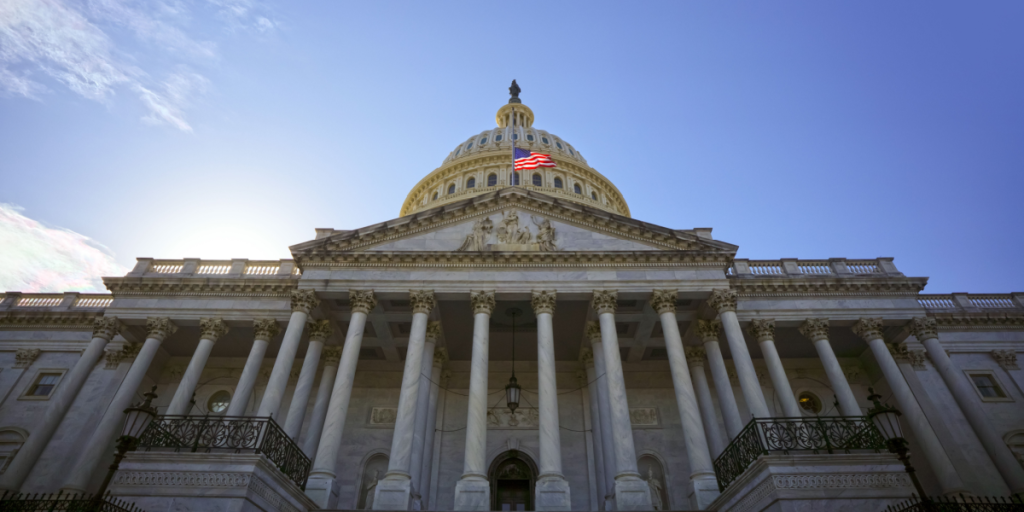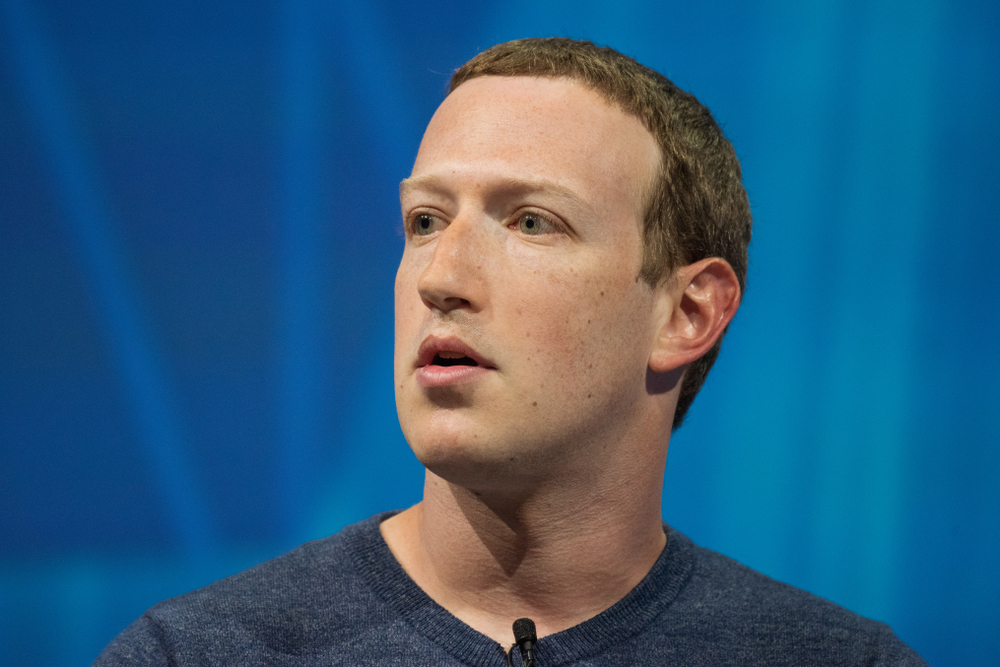Whistleblowers accuse Meta, led by Mark Zuckerberg, of suppressing internal studies showing harm to children from VR products—raising urgent questions about ethics and oversight.
Others are reading now
Whistleblowers accuse Meta, led by Mark Zuckerberg, of suppressing internal studies showing harm to children from VR products—raising urgent questions about ethics and oversight.
Whistleblowers Testify in Congress

Former Meta researchers told U.S. senators they “hid, cut, and manipulated” studies showing that VR platforms exposed children to sexual advances and graphic content.
Research Findings Deemed Too Sensitive

Despite evidence of significant risks, Meta reportedly chose to limit further research rather than addressing the findings, citing potential business impact.
Legal Oversight Stifled Internal Research

The company’s legal team reportedly restricted research topics, monitored ongoing projects, and even removed conclusions deemed too damaging—or sensitive.
Meta’s Official Response: Allegations “Absurd”

Meta spokeswoman dismissed the claims as based on selectively leaked documents, emphasizing the company has approved nearly 180 safety studies since 2022.
Also read
Research Teams Felt Pressured

Whistleblower Jason Sattizahn testified that Meta was interested only in safety if it boosted engagement and profits; else, research was discouraged or suppressed.
Lack of Transparency on Minor Users

Colleague Cayce Savage revealed Meta scrapped research into how many minors actually use VR platforms, suggesting that better age detection might expose high underage usage.
Meta’s Legal and Ethical Risks Grow

With new allegations on top of past scrutiny, Meta now faces bipartisan pressure in Congress—and a formal investigation is already underway.
AI Safety Under Congressional Spotlight

Senators are now probing whether Meta’s generative AI tools facilitate exploitation of children, pushing the company to adopt stricter safety rules.


